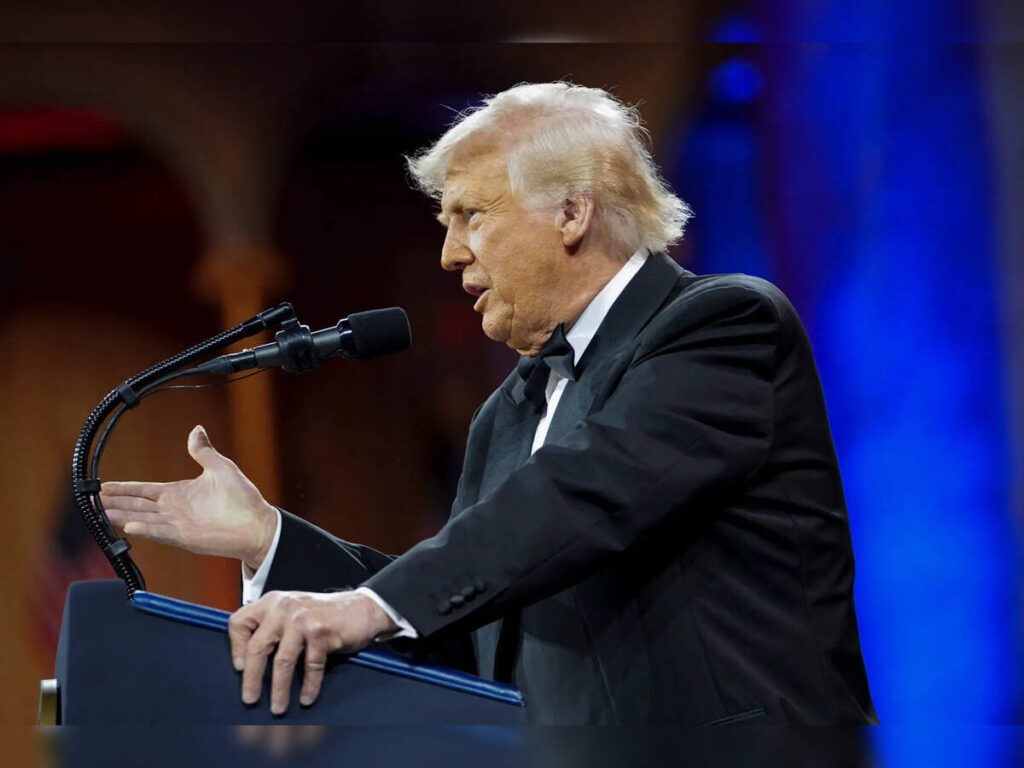The Trump administration has initiated formal investigations into imports of pharmaceuticals and semiconductors, signalling potential new tariffs on these sectors under national security provisions.
On April 1, 2025, the Department of Commerce launched Section 232 investigations under the Trade Expansion Act of 1962, examining whether the importation of pharmaceutical products and semiconductors threatens U.S. national security. The probes encompass a wide range of items, including active pharmaceutical ingredients, finished drugs, computer chips, and semiconductor manufacturing equipment. Public comments are invited until May 7, with final determinations expected within 270 days.
President Trump has indicated that tariffs could be imposed swiftly, potentially as early as mid-May, with rates ranging from 10% to 25%. While some consumer electronics, such as smartphones, have been temporarily exempted, they may be reassigned to different tariff categories in the future.
The administration’s stance is rooted in concerns over the U.S.’s reliance on foreign suppliers, particularly from China and Taiwan. Despite previous efforts to bolster domestic semiconductor production, including the CHIPS Act, the U.S. continues to depend heavily on imports. Similarly, a significant portion of active pharmaceutical ingredients used in the U.S. are sourced from abroad, notably from China.
Industry stakeholders have expressed apprehension regarding the potential impact of these tariffs. The pharmaceutical sector warns that additional levies could lead to drug shortages and increased costs for patients. The American Hospital Association has urged the administration to consider exemptions for essential medications and medical supplies, emphasizing the risk to patient care.
Trade partners, including the United Kingdom and Ireland, have also voiced concerns. British exports of electronics and pharmaceuticals, valued at over $11 billion, and Ireland’s pharmaceutical exports, contributing $33 billion to its economy, could be adversely affected by the proposed tariffs.




 Paras Severs Ties with NDA Amid Seat-Sharing Dispute
Paras Severs Ties with NDA Amid Seat-Sharing Dispute 